Frank McParland and Rodolfo Borrell left Liverpool Football Club last week despite what seemed to be a highly successful period of youth development under their stewardship. What does this mean for the future of the academy?

McParland, Borrell and the already departed Pep Segura arrived at The Academy in 2009 to find a youth system in total disarray. Liverpool operated as two individual parts, the first team and reserves based at Melwood, and the youth sides settled in Kirkby. There was no clear relationship between the two and seemingly little hope of getting an under 18 player promoted to train with the first team.
Borrell, employed as the new under 18s manager, was horrified at what he found. There was no recognised striker and the player’s tactical understanding was practically none existent.
Transformation
In four years the transformation has been remarkable. The coaching has improved drastically at every age group and the technical proficiency of every player is far in excess of that just four years ago.
The club now operates as a single unit, players who perform well can flow fluidly through the youth structure and into a place to challenge for first team action. Youth players and coaches spend time at Melwood as a matter of course, just this week Jack Dunn, Samed Yesil and Cameron Brannagan among others spent time training with the senior side.
Of course the greatest legacy of the 2009 reforms is the amount of players who have a genuine chance of reaching, and staying, in the Liverpool first team. Raheem Sterling, Jordon Ibe, Suso, Jerome Sinclair, Jack Robinson, Jon Flanagan, Conor Coady, Adam Morgan and Andre Wisdom have all made their Liverpool debuts in the last four years while perhaps the even more exciting talents are still coming through the system, although time will tell.
Time itself is the most disappointing aspect of the sackings. While all the players listed above have managed their debuts following the Academy reforms they weren’t brought through the system as the reforms took place – at 16/17 most were already developed young players – the greater judgement of the Borrell/McParland era will be the fortunes of those who were only 11/12 years old in 2009. Jordan Rossiter, already a mainstay in the U-21s at just 16, is one such player. We’ve gotten rid of the great reformers before the job was done.
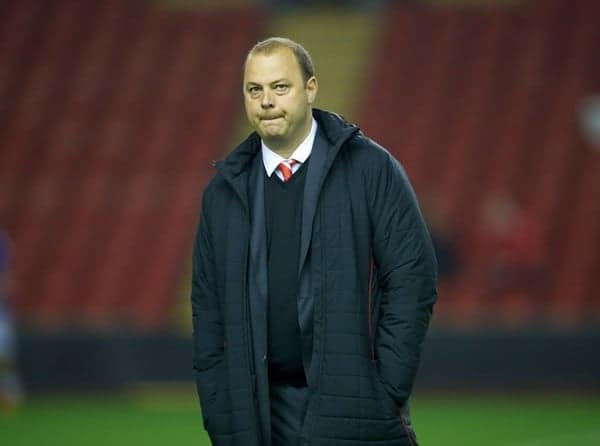
Departures
Borrell leaving the club comes as no surprise to Academy followers. An ambitious man, Borrell has worked his way from coaching U-9s in Spain to Academy Technical Director at Liverpool. His ambition was never going to end there. He has made no attempt to disguise his ultimate goals of becoming a Director of Football and his eventual departure seemed inevitable once Brendan Rodgers accepted the Liverpool job on the basis of having no DoF.
McParland’s departure comes as more of a shock. The die-hard Liverpool fan had made no noises about moving on and looked more than content as Academy Director. Why then would Liverpool sack a devoted and hard-working staff member?
The most likely reason is that the much vaunted ‘restructuring’ of the Academy has nothing to do with coaching styles, playing philosophy or unsatisfactory results on player development. Instead the change will come at management level.
The roles of Academy Director and Academy Technical Director always had a confusing amount of cross over in responsibilities, the exact job description of each was unknown and it was largely unnecessary – a short term measure designed to hold on to Borrell for slightly longer by inventing a position to promote him to.
With Borrell now gone the club had to decide what to do with McParland. Make him the sole Academy Director or replace him as well with someone who would amalgamate both roles? It was really a none decision. Doubts about McParland’s coaching knowledge combined with a slightly turbulent relationship with the Liverpool board meant it was always unlikely he’d retain his position.

Where does this leave the Academy in Liverpool’s future?
In the near future we shouldn’t expect much to change. Liverpool’s Academy is working well, producing high quality footballers on a regular basis. Whoever the new Academy Director is will be unlikely to change much about the style or philosophy – although slight changes are inevitable – and if Rodgers is allowed a greater influence then it’s possible we will see an even greater link between Kirkby and Melwood.
One potential downside of the changes however is that McParland and Borrell were very keen to see the first team move to Kirkby on a regular basis. Although they knew this wasn’t a realistic short term aim it was seen as essential for the club in the long term to get rid of the divide that having two separate bases creates.
It would have been an expensive venture requiring the acquisition of lots of extra land space but the result would be comparable to the much vaunted modern training facilities being built currently by Manchester City. Hopefully this dream has not died.
Borrell and McParland arrived at Liverpool to find a backwards youth set up with internal conflict and lack of any cohesive style. They leave, just four years on, with it as one of the best Academies in England. Liverpool fans may doubt this, stating that we have yet to produce a nailed on first team player, however Liverpool will, and are, producing Premier League quality players. It is a matter of when, not if, one establishes themselves in the Liverpool team.
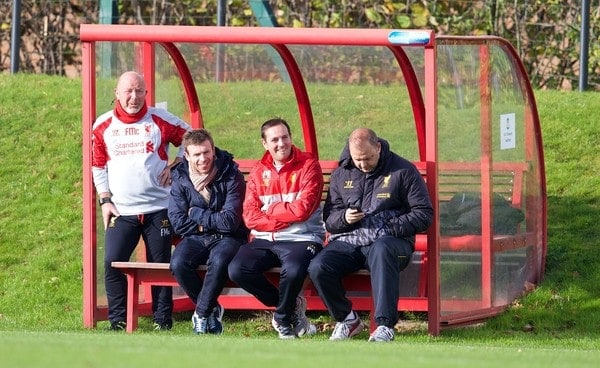
The mantra of the changes then is evolution, not revolution. With a streamlined set up in the management structure of the Academy and greater influence of the senior sides coaching we should see an even closer relationship between the two sides of the club. There is no need to overhaul the set up, it is world class and will prove itself in coming years, but hopefully some fresh ideas will push the level on again in a similar to way to how Swansea have managed to evolve, not start again, after each change of manager.
Liverpool are now in possession of one of Europe’s most highly respected Academy systems and for that we have Borrell, Segura and McParland to thank. They have done our club a great service. Here’s hoping the club acknowledge what we have and don’t take us off the road to success that we are on.



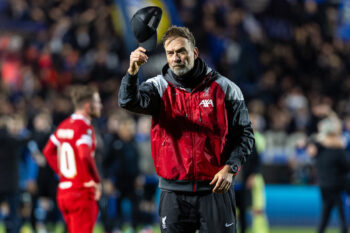
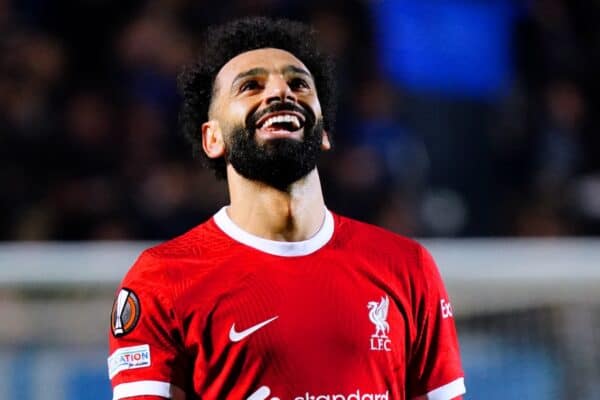
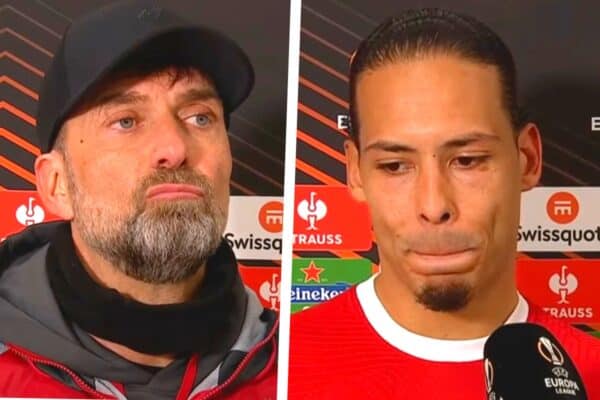
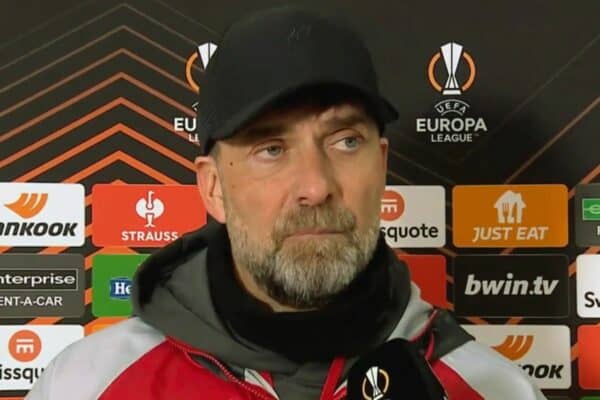
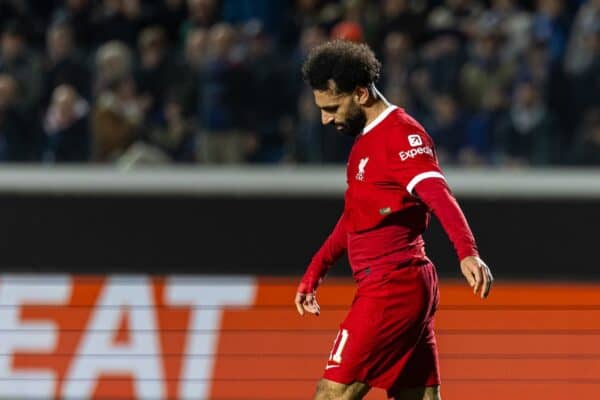
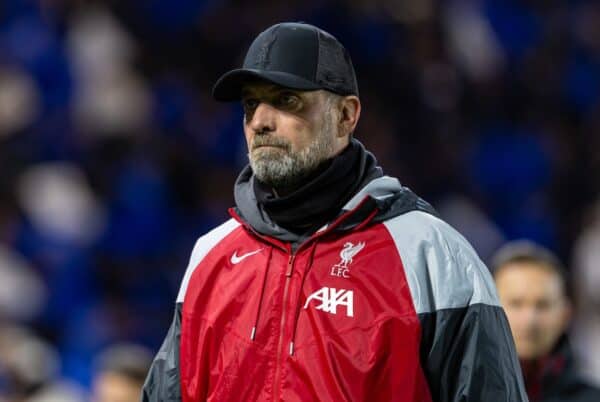
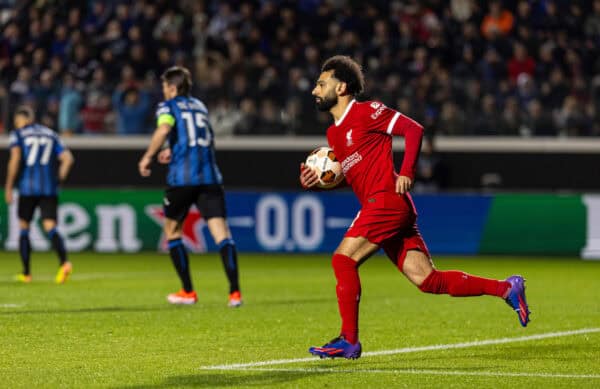
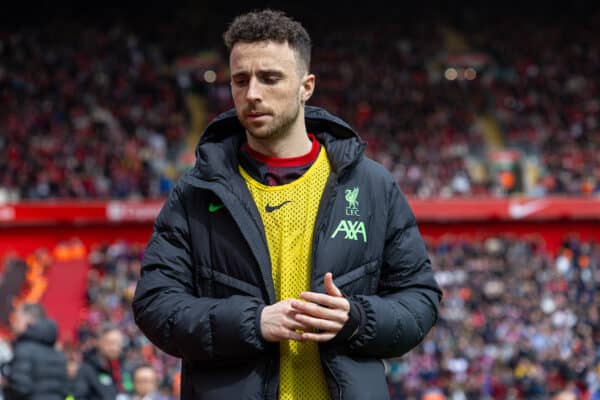
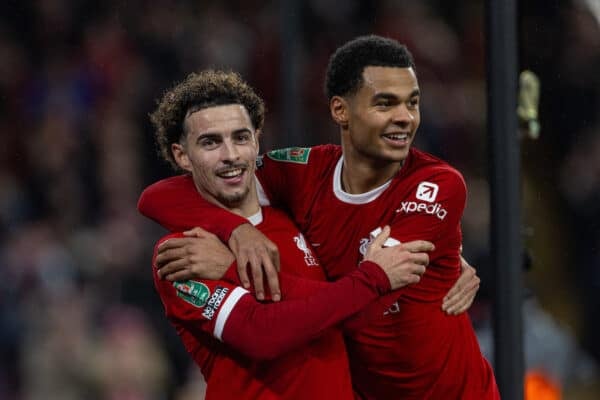
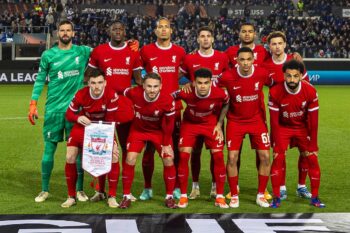


Fan Comments